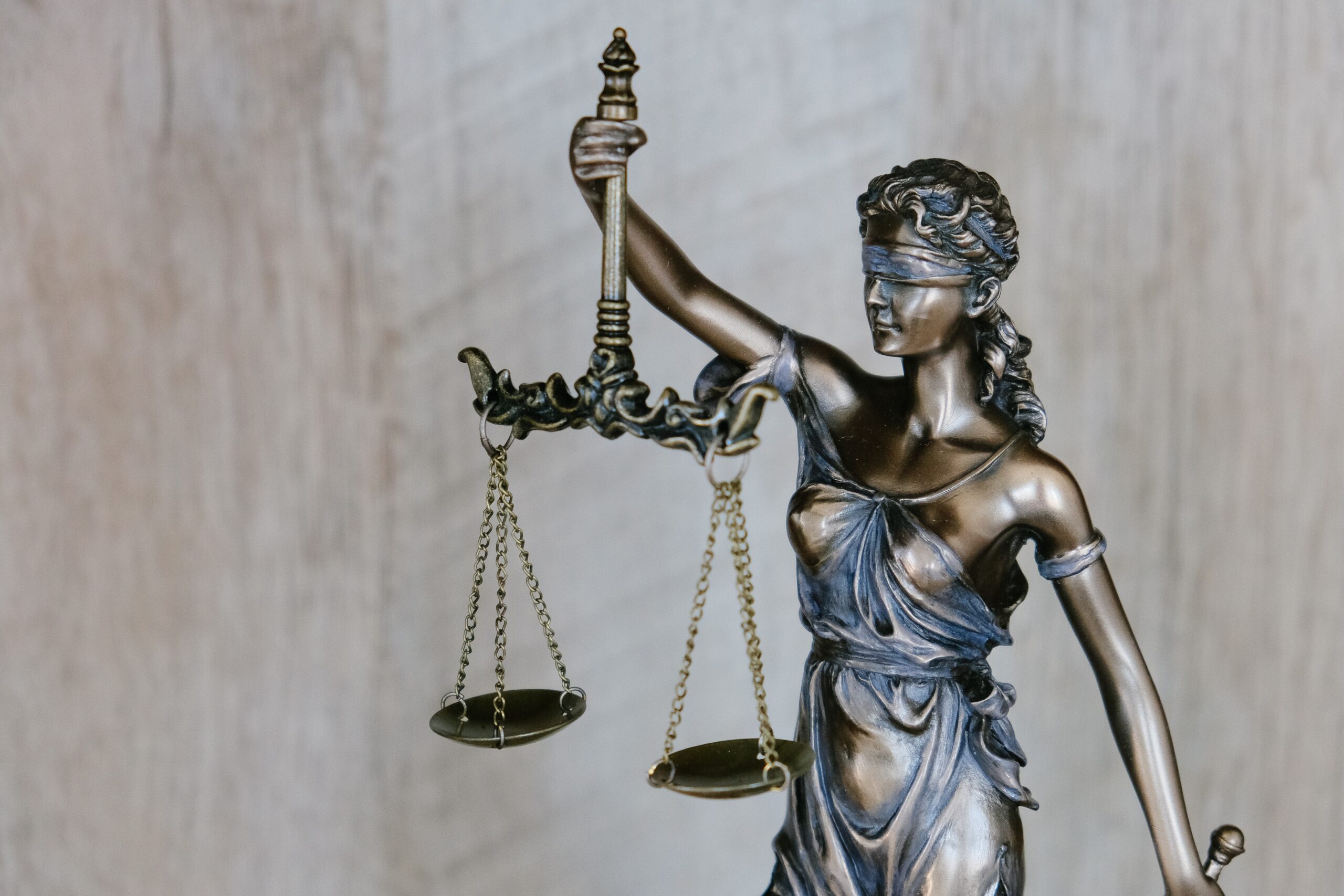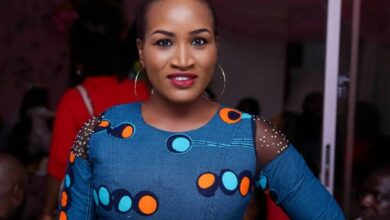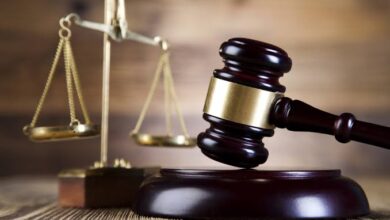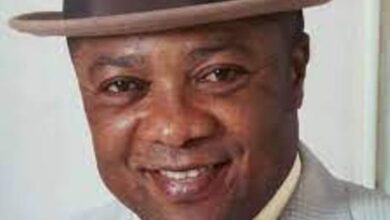
The Community Court of Justice of the Economic Community of West African States (ECOWAS) formally opened its 2025/2026 Legal Year in Abuja on Thursday with regional leaders, jurists, parliamentarians, and dignitaries reaffirming their collective commitment to justice, human rights, and integration across West Africa.
The event, themed “The ECOWAS Court and International Law: Expanding Access and Navigating Contemporary Challenges,” brought together the President of the Republic of Cabo Verde, the President of the ECOWAS Commission, the President of the ECOWAS Court of Justice, Nigeria’s Chief Justice, the Attorney-General of the Federation and Minister of Justice, the Deputy Speaker of the ECOWAS Parliament, the FCT Minister, diplomats, and legal practitioners from across the sub-region.
—
Minister of Justice: Harmonization, ADR, and Reform Needed
Nigeria’s Attorney-General and Minister of Justice, Lateef O. Fagbemi, SAN, described the Court as a “vital institution in the development of international law within West Africa” and commended its forward-looking adoption of virtual hearings and electronic filing systems, which he said had significantly expanded access to justice across borders.
He highlighted transnational security threats, constitutional disputes, money laundering, migration, climate justice, and digital rights as pressing challenges the Court must be prepared to confront.
“The ECOWAS legal space must not be a patchwork of divergent systems, but a harmonized framework that promotes predictability, fairness, and mutual respect,” he said, urging the Court to learn from other regional tribunals such as the European Court of Human Rights and the Inter-American Court of Human Rights.
The Minister also called for the institutionalization of Alternative Dispute Resolution (ADR) mechanisms to ease pressure on the Court’s docket while making justice more inclusive.
On the sensitive issue of appeals, Fagbemi noted: “It is concerning that there is currently inadequate room for appeal against the judgments of the ECOWAS Court. While finality is important, justice must also be seen to be fair and revisable. The absence of a separate appellate mechanism limits access to justice, especially in cases where errors of law or procedure may have occurred.”
He assured that Nigeria, as host country, remains steadfast in supporting the ECOWAS Court, pledging to advocate for reforms that align domestic laws with regional obligations while preserving constitutional balance.
—
ECOWAS Court President: Enforcement is Key
In his keynote address, the President of the ECOWAS Court, Justice Ricardo Gonçalves highlighted the Court’s achievements in the past year: 34 new cases filed, 79 sessions held, and 54 judgments delivered, including outreach sittings in Lagos. He noted that the Court had expanded its mandate through digital transformation, with online filing, virtual hearings, and real-time case tracking now available.
He, however, cautioned that persistent non-enforcement of judgments undermines the Court’s credibility.
“True acceptance of the Court’s jurisdiction requires not only recourse to it, but also faithful execution of its judgments. Without enforcement, citizens who come here in search of justice risk disappointment,” he warned.
—
President of Cape Verde: “Africa Must Assert Itself”
Guest of Honour, H.E. José Maria Pereira Neves, President of Cape Verde, commended the Court as a “civilizational triumph” and urged Africa to build stronger institutions in an unstable global order.
“Africa cannot resign itself to the role of a mere spectator. Our continent must assert itself as a full political actor, capable of influencing global agendas and projecting its voice in the concert of nations,” he said.
He described direct citizen access to the ECOWAS Court as one of the greatest achievements of regional integration, bringing justice closer to ordinary people.
—
ECOWAS Commission: More Resources for the Court
ECOWAS Commission President, H.E. Dr. Omar Alieu Touray, pledged greater institutional and financial support to the Court, noting ongoing efforts with the Council to provide additional resources.
“We must safeguard the independence of this Court and reinforce its legitimacy by ensuring Member States comply with and enforce its rulings,” he stressed.
—
Nigeria’s Chief Justice: Support from Host Country
Nigeria’s Chief Justice, Hon. Justice Kudirat M. O. Kekere-Ekun, GCON, saluted the Court for strengthening the rule of law through its human rights jurisprudence. She acknowledged challenges of enforcement and jurisdiction but reaffirmed Nigeria’s unwavering commitment to hosting and supporting the Court.
—
Prof. F.C. Nwoke: Court’s Evolution and Supranational Role
Delivering the day’s special lecture, former Vice President of the ECOWAS Court, Prof. F. C. Nwoke, traced the Court’s transformation from an inter-state tribunal with little activity to an internationally respected human rights court following the 2005 Supplementary Protocol, which granted individuals and corporate bodies direct access.
He described this reform as the lifeline that saved the Court from redundancy: “The survival and vibrancy of the Court today is largely due to access granted to individuals and corporate bodies. It is this human rights jurisdiction that has given the Court international recognition.”
Prof. Nwoke also reaffirmed that ECOWAS rules take precedence over inconsistent national laws in areas where sovereignty has been ceded.
—
Parliament, FCT, and Registry Pledge Support
The Deputy Speaker of the ECOWAS Parliament assured that Parliament would champion compliance with Court judgments and raise public awareness of citizens’ rights.
The Minister of the Federal Capital Territory, Barr. Nyesom Wike, pledged Abuja’s continued support, citing ongoing judicial infrastructure projects including a new Court of Appeal Division and housing for judges.
The Court’s Chief Registrar, Dr. Yaouza Ouro-Sama, reaffirmed the Registry’s commitment to transparency, professionalism, and collaboration with stakeholders to expand access to justice.
—
Looking Ahead
The 2025/2026 Legal Year will prioritize expanding access through digital platforms, outreach programs, and deeper collaboration with national courts, bar associations, and civil society.
The ceremony closed with a collective call for stronger compliance with judgments, institutional reforms, and regional solidarity, positioning the ECOWAS Court as a beacon of justice, democracy, and integration in West Africa.







